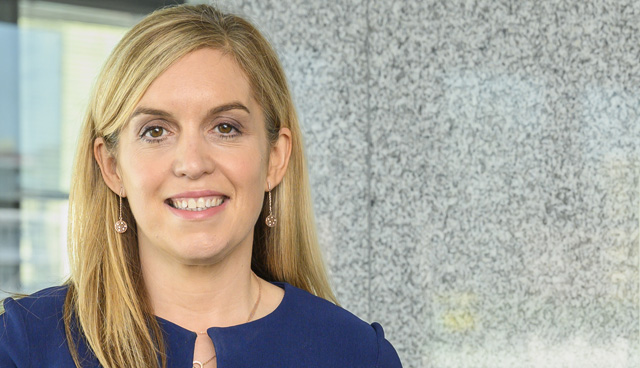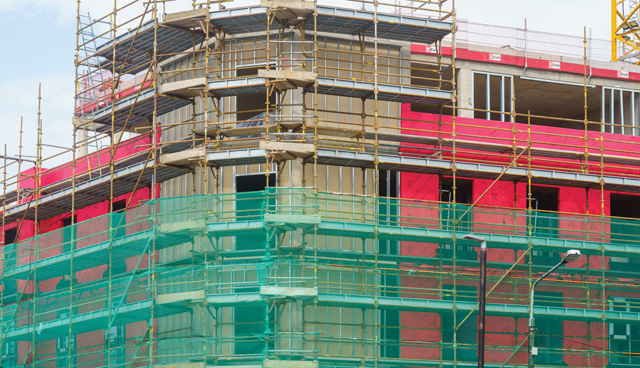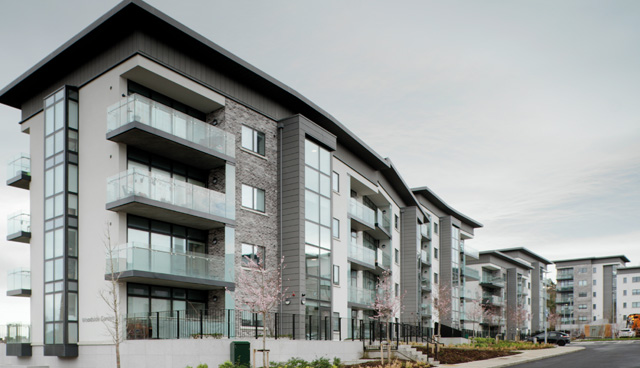
Market Development Association: ‘An alternative vision for housing’
18th July 2023
Ireland needs to foster the right conditions for new housing supply
18th July 2023Adapting for the future
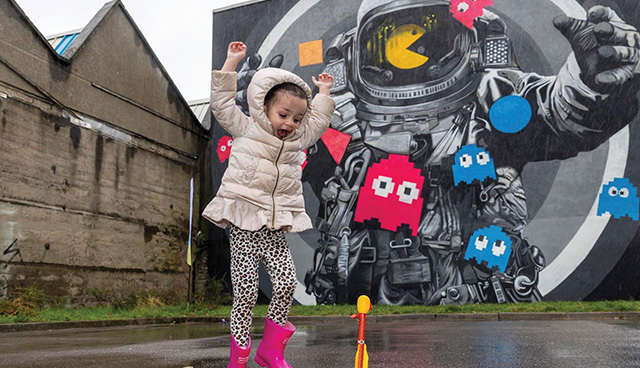
Co-operative Housing Ireland (CHI) is changing to improve the services it delivers to its tenants (members). Within the coming months, the organisation, which provides more than 4,500 affordable social-rented homes across Ireland, will roll out a specialist structure to ensure greater consistency in its housing service delivery.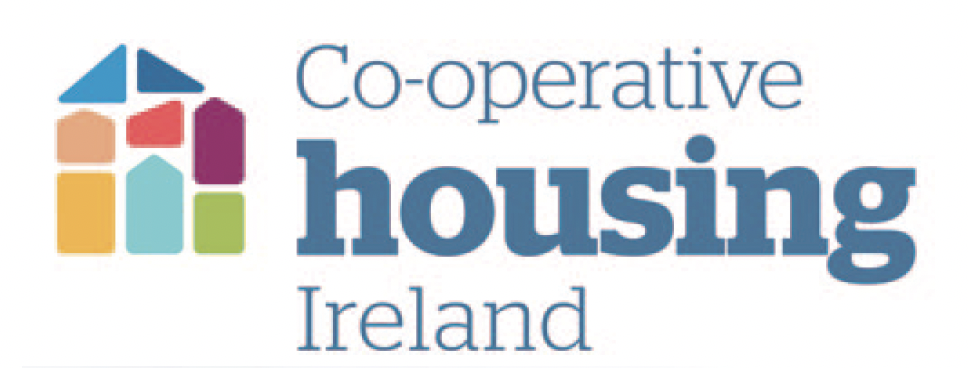
The shift will see Co-operative Housing Ireland change its housing management structure from a geographic model to a specialist model. Through this change, CHI’s housing services team will develop and hone specialist skills to maximise its efficiency.
Speaking about the changes, Director of Housing Services Dave Mayner, who joined CHI in late 2022 says: “In the very early part of my career, I operated primarily in a context where housing services were delivered through a model that was based on geography. Over time the thinking shifted as the benefits of a specialist service model became clear.”
He continues: “With a specialist structure, teams focus on specific areas of housing, such as tenancy management or rent arrears. This is different than a geographic structure where you have multiple teams in different locations who take on all aspects of housing. With a structure based on geography there tends to be a greater risk of service inconsistency. The advantage of a specialist structure is maximising the potential for people to become very good at what they do, because they don’t have to worry about a multitude of responsibilities, they can focus on the delivery of a narrower scope of services to a higher standard.”
Mayner previously worked in Wigan and Leigh Housing in England, which had 22,000 properties served by five area housing offices across the borough. Seeing the positive changes that the specialist structure had on that organisation, along with being part of a specialist service delivery set up in other housing providers he has worked for, encouraged him to introduce it to CHI. “The improvements in KPIs and targets at Wigan and Leigh spoke for themselves: we significantly improved our arrears performance, re-let times, and satisfaction in dealing with anti-social behaviour. Across the board there were improvements in performance.” More recently, Mayner was involved in the merger of five separate housing organisations to create Onward Homes, a 35,000-home organisation. A specialist structure was also rolled out for its housing services and similar uplifts in performance were achieved.
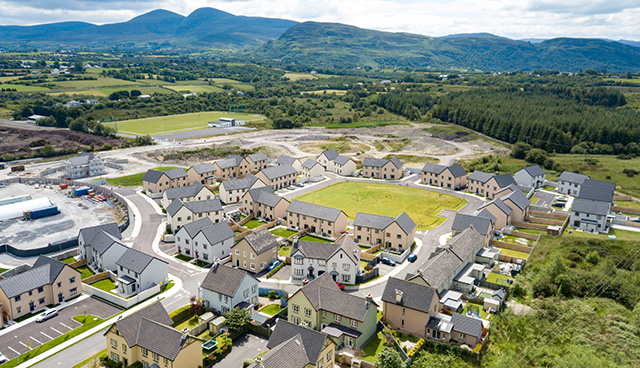
An aerial shot of CHI’s estates in Barraduff, County Kerry. CHI aims to deliver 700 homes this year, a record high for the organisation, and is planning for more growth in the years to come.
A new specialist structure will ensure that CHI adapts to deliver services more effectively, which will benefit the expanding organisation. CHI aims to deliver 700 homes this year, a record high for the organisation, and is planning for more growth in the years to come. Building and maintaining a strong Housing Services and Community Engagement Team is central to this growth, and Mayner notes the improvements he foresees in CHI: “The restructure is not a silver bullet. However, if we instil the right culture, and people work in a collaborative, supportive way, we will see the benefit of the model. What you will find over time is the level of job satisfaction that people have will increase, because people feel they have more control over what they are doing. Having the feeling of doing a good job cannot be underestimated. In a generic housing officers’ role, there are a lot of feel-good moments like giving people new properties on a regular basis, but there is so much running around and frustration because you are constantly spinning plates, and your attention is spread so thin across different areas.”
He continues: “It is very difficult in those circumstances to get to a point where you are very good at everything you do, because you just do not have the bandwidth for it. As well as improvements in job satisfaction, what I expect to see over time is an increase in positive feedback from team members in customer facing roles.”
The change will see CHI become the first Approved Housing Body to have a team dedicated to ameliorating anti-social behaviour (ASB). The team will be given specific training, which Mayner believes will encourage people experiencing ASB to come forward for support. “Once you deal with something like ASB successfully, confidence in the service increases. Managers and directors may look at it and ask, ‘how come there is so much more ASB now?’ But that is not the case: the ASB was always there, now people are just more confident in reporting it.”
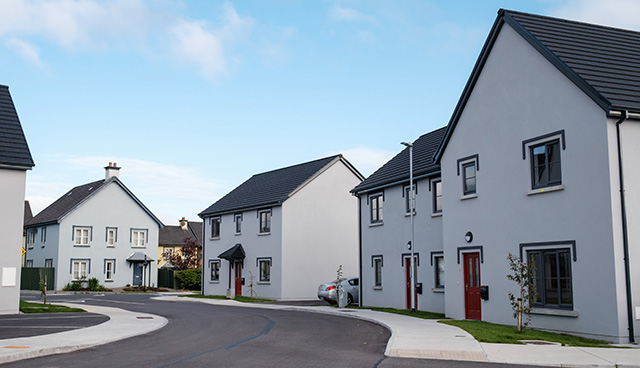
CHI’s new structure will see its housing services team develop and hone specialist skills to maximise its efficiency.
Looking to the future, Mayner hopes that once the new structure is implemented, CHI can expand into other areas of benefit for people who live in CHI homes: “We can start to shift our focus and go beyond the expected services of a housing provider, particularly in the social inclusion and community development space. I have always felt that it is implied in our mandate that we address issues in those areas too, even if it is not being directly asked of us. It is in the nature of the business, because of the demographic that we serve, because of the communities we support, to think about things like food poverty, fuel poverty, digital exclusion, access to training, and employment. As a housing provider, we can act as facilitators and an anchor organisation in partnership with experts in those spaces. I am looking forward to giving energy to that, because that is really what I think the future holds. There is so much more to successfully maintaining a tenancy than giving someone a property and keys.”
For more information:
T: 01 661 2877
E: info@cooperativehousing.ie
W: www.cooperativehousing.ie
Twitter: @coophousingie


